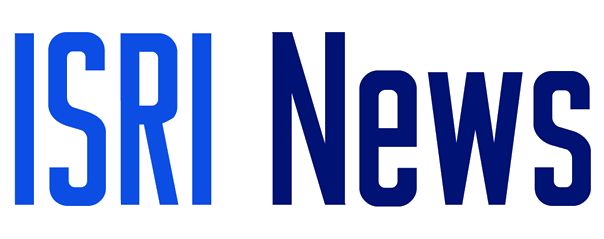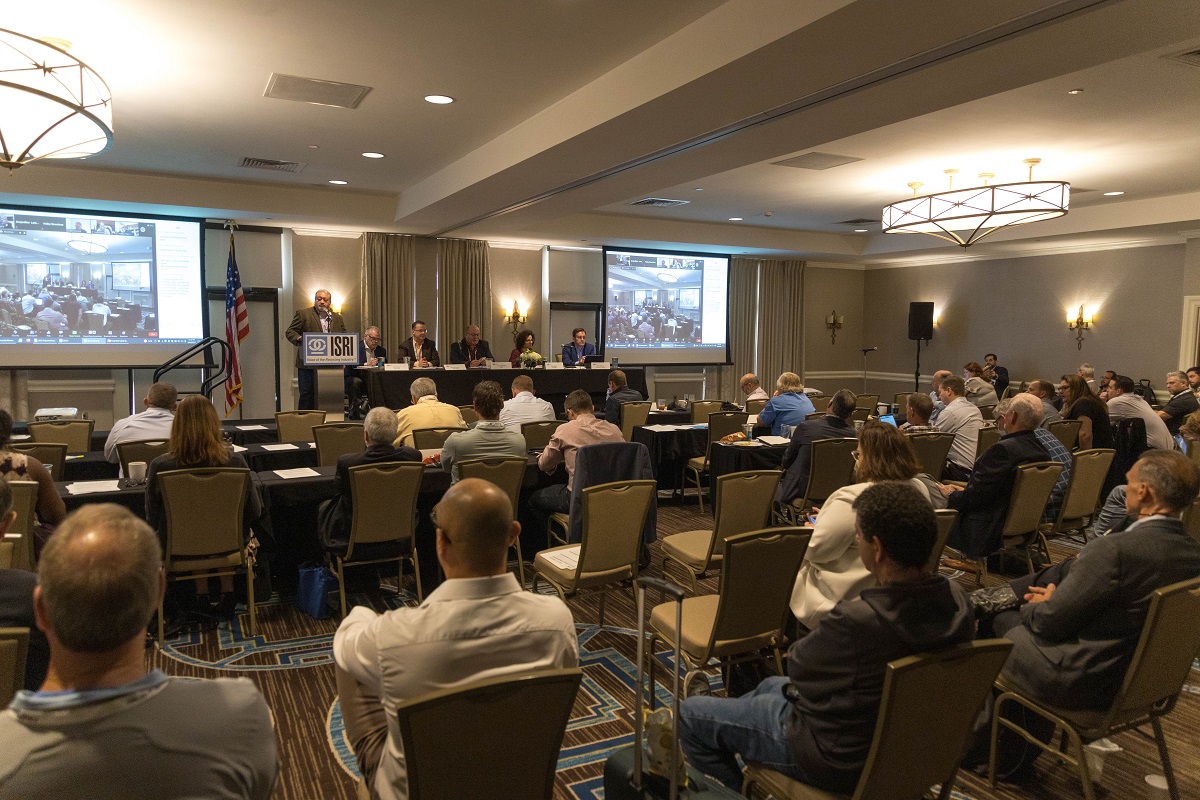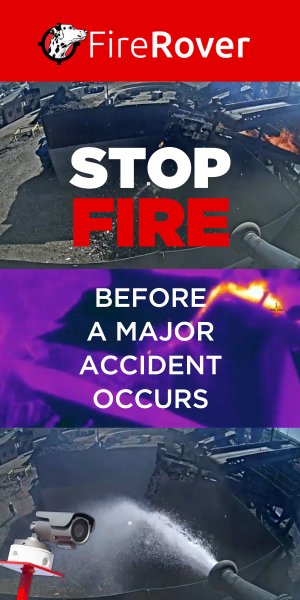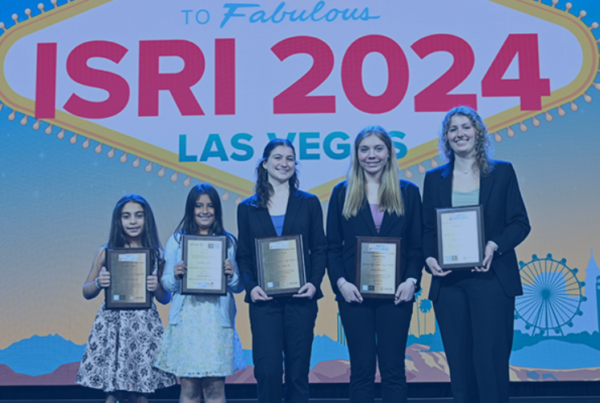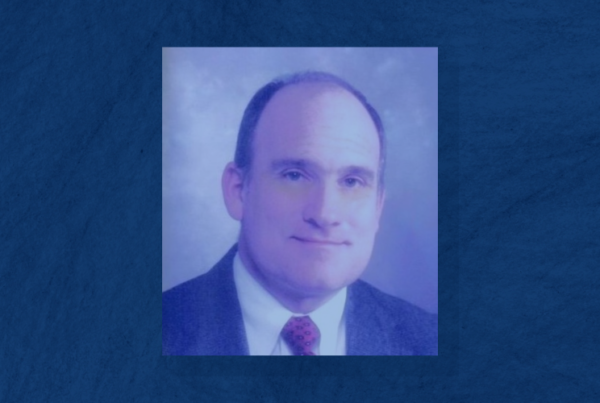Two candidates are running for ISRI secretary/treasurer for the 2022–24 term. Before the voting at ISRI2022, Scrap News asked them to share their thoughts on ISRI’s priorities, their top recycling industry concerns, and their qualifications for leadership.
 Joel Litman is president and co-owner of Texas Recycling, Inc. in Dallas. Texas Recycling is a multi-commodity processor that handles paper, metals, and plastics. The family-owned company is celebrating its 30th anniversary this year. Texas Recycling also has a separate operation, Action Shred of Texas, which handles document, information, and product destruction.
Joel Litman is president and co-owner of Texas Recycling, Inc. in Dallas. Texas Recycling is a multi-commodity processor that handles paper, metals, and plastics. The family-owned company is celebrating its 30th anniversary this year. Texas Recycling also has a separate operation, Action Shred of Texas, which handles document, information, and product destruction.
Customers are not surprised to find Litman answering the phone, conducting site visits, or making a courtesy call to ensure they are delighted with Texas Recycling. “I’m very hands-on, and I value face time with our customers,” he says. “Customer service takes center stage in our business, and strong relationships pay off as we work to grow Texas Recycling.”
Litman has been in the recycling industry since 1984 and is a long-time active member of ISRI. He is a past president of the Paper Stock Industries (PSI) chapter of ISRI and is currently a director-at-large on the ISRI board.
Here’s what he had to say.
In my view, the biggest challenge facing U.S. recycling companies is:
Credibility is the biggest challenge facing our industry today. The continuous message of demonstrating to the public and private sectors that we are the good guys reverberates into all aspects of our business. As our industry evolves, and communication channels are becoming more accessible and widespread, more eyes are looking at what we do. The message that our industry is good for business, good for the environment, and good for the community is essential. Our industry has been and will continue to be an important part of the world’s manufacturing supply chain, and we need to operate safely and responsibly.
What are ISRI’s greatest benefits to members?
- Meeting your peers. From long-time veterans to individuals new to the industry, long-term relationships are forged that can help your recycling business and career grow and succeed.
- Being a part of an organization that represents the good guys. Regardless of the commodity, the ISRI brand carries value whether you’re in front of a potential or current customer, a community leader, or a government official.
- Take advantage of the menu of available programs that will help your business operate safer, will create trading opportunities, will help you understand and debate regulations, and overall help your business thrive.
- ISRI Specs. Industry-recognized commodity specifications vetted by ISRI members and used by buyers and sellers throughout the world.
I personally value the relationships ISRI established with individuals and businesses around the world. If you need a question answered or have a service need outside your trading area, there’s usually an ISRI member who can assist. Also, its safety programs, and experiences gained by attending events such as the summer legislative fly-in in Washington, D.C., and the annual NCSL conference are great learning tools.
What are your strengths as a leader?
Listening, learning, and leading. Bringing people together to formulate a consensus whether on the manufacturing plant floor, office conference room, or at a trade association meeting, being inclusive to gather the best plan of action.
What has been your greatest professional achievement and why?
Alongside my brother Craig and our father Stan, starting our Dallas-based company 30 years ago in an empty warehouse with only four folding chairs, a folding card table, a Motorola brick cell phone, and optimism. Today, our company Texas Recycling, Inc., is a multi-commodity processor of paper, metals, and plastics. We expanded to a third generation when my daughter Hillary joined us 10 years ago. Our company moved in 2015 to a much larger space in Dallas that has given us the opportunity for continued growth.
Additionally, when I was president of the Paper Stock Industries (PSI) chapter in 2012, I was a keynote speaker at a Latin American recycling conference in Sao Paulo, Brazil. I shared the stage with Adam Minter, a Bloomberg Opinion columnist, author of “Junkyard Planet,” and a contributor to SCRAP Magazine.
In your opinion, what should ISRI focus on in the next two years?
How to strengthen its position as the voice of the recycling industry. The recycling industry’s space is widening, and our association needs to continue to grow and evolve with it. Fortifying the message that we are the good guys is a must. Also, our organization needs to encourage younger members to participate in leadership opportunities on the chapter and national levels. This is ISRI’s bench strength.
If elected ISRI secretary/treasurer, I’d like to help the association:
In addition to staying true to the association’s mission statement, I would like to help to attract younger individuals into the association and into local and national leadership roles. Keeping the roots of our association at the forefront, we also need to explore how to expand ISRI’s reach with other growth opportunities.
Most importantly, there will be an ample supply of Oreos at each board meeting. You must always bring a smile (it’s on the package).
Additional Resources
